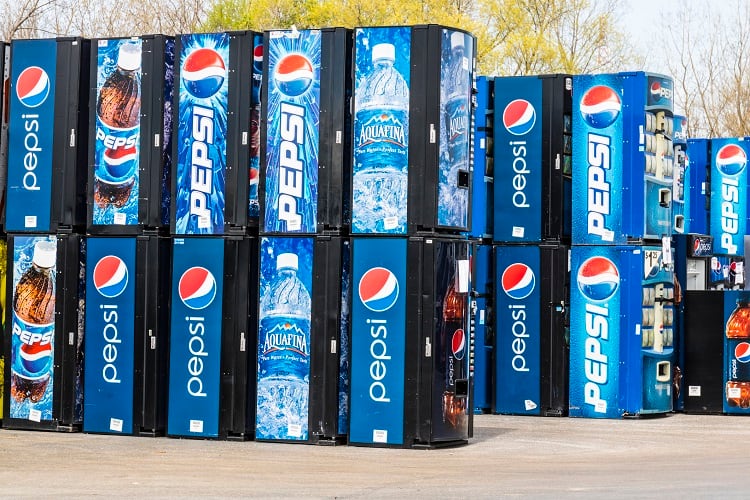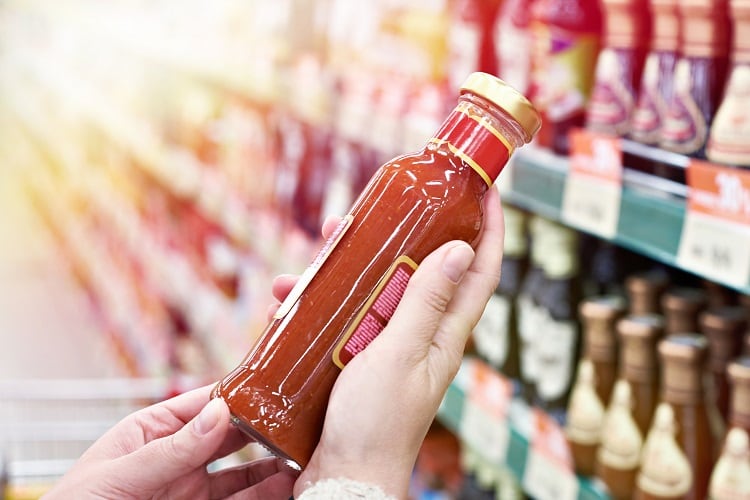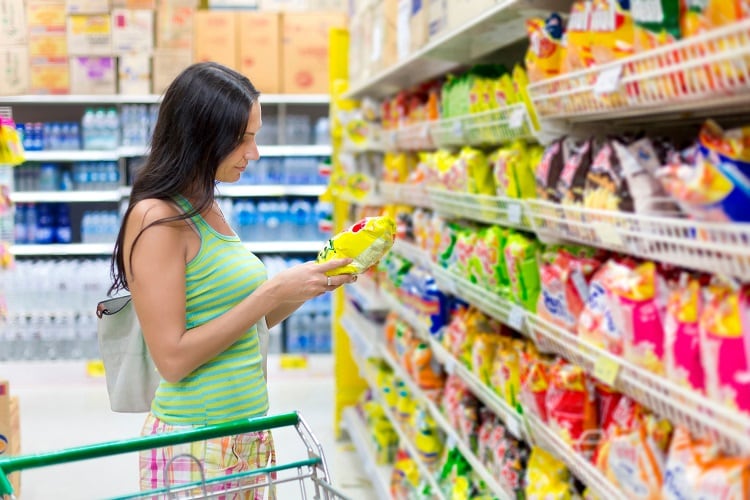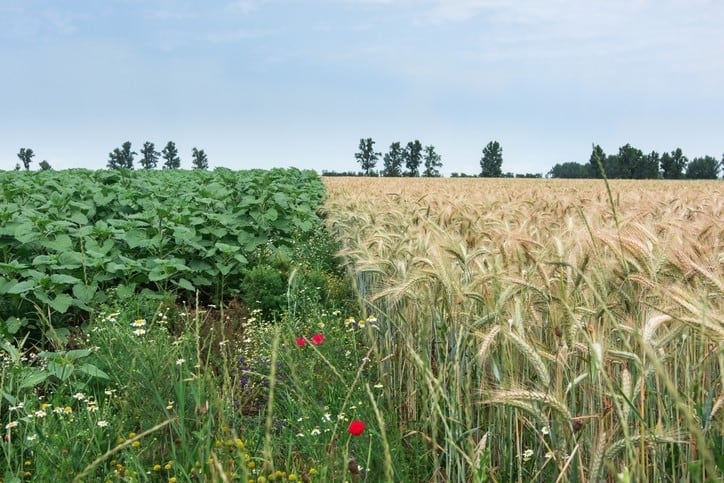Consumers are increasingly concerned about their environmental footprint, and consequently, that of the food and drink products they consume.
Environmental labelling presents an opportunity to help consumers make informed choices based on a product’s sustainability credentials.
According to 2019 YouGov data, more than two-thirds of consumers are supportive of such a scheme. Specifically, the survey – commissioned by carbon management and reduction organisation the Carbon Trust – suggested that the majority of consumers across Italy, Canada, Spain, the Netherlands, Sweden, the UK, and the US would be in favour of ‘climate labelling’ for food.
A similar trend has been observed amongst beverage and snacks giant PepsiCo’s consumer base. “Consumers are…increasingly interested in knowing more about the environmental footprint of food and beverage products in particular,” said Gloria Gabellini, Director of Environmental Policy at PepsiCo.
“And of course, we believe that they have the right to expect transparency from producers. So in general, we support the concept of environmental labelling.”
Helping consumers make sustainable choices
While PepsiCo would be supportive of seeing a harmonised environmental labelling scheme rolled out across the globe, it is happy to settle for an EU-wide initiative in the short-term.
A European scheme seeks to achieve two key objectives: the first of which is to support consumers in their purchasing decisions, explained PepsiCo’s Environmental Policy chief at a recent European Food Forum (EFF) event.
In this way, consumers can either ‘increasingly choose sustainable products’, or ‘at least understand the consequences of their choices on the environment’, she elaborated.

The Lays-to-Mountain Dew producer ‘wants to support consumers in making the right decision’, Gabellini reiterated, but stressed that ‘first, we need to understand how consumers choose’.
“How do we [as consumers] make a decision when we are in front of products? What is our reference point when we see a number, when we see a score? What do we compare it with? How [do our brains work] in terms of comparing one product with another, or comparing amongst everything that is out there?”
Gabellini believes such decisions need to be understood much better before a ‘meaningful label for consumers' can come into play.
Incentivising industry
The second objective to be achieved by a harmonised environmental label concerns industry.
Companies should be incentivised to ‘do better’ in terms of environmental impact, the Environmental Policy chief elaborated. ‘Labelling is a driver’, she continued, citing the example of nutritional labelling scheme Nutri-Score.
Nutri-Score is at the ‘forefront’ because it incentivises companies to reformulate their products, and in doing so, achieve a ‘healthier score’, she suggested.
An environmental labelling scheme should similarly be encouraging renovation. From PepsiCo’s perspective, this could mean considering how it can improve the environmental footprint of its potato production for Lay’s potato crisps, for example.
For Gabellini, it is important that progress made in reducing negative environmental impacts are communicated to the consumer.
“There is a lot of effort going into variety selections, into using regenerative agricultural practices, using water more efficiently, using less fertiliser, for example. So how do we account for this in the methodology and how do we display this information? How do we tell consumers about this?”
The policy expert voiced concerns that if the methodology is ‘not updated fast enough’ to show companies’ progress’, they will inevitably be ‘less incentivised’ to change. “If we cannot use our own company data, for example, to show that progress, it could give us less of an incentive to continue on that journey. This is very important to keep in mind.”

Establishing clear definitions around green claims is also crucial when working to incentivise industry, noted Gabellini.
Environmental labelling can refer to one single impact, such as carbon emissions or recyclability. Multi-factor labelling [based lifecycle assessments [LCAs], for example] is something different altogether, as is certification labels such as organic, Fairtrade, or Rainforest Alliance.
“We really need to be sure about what we are during. Are we communicating about a LCA impact or a non-LCA impact? Which rules apply to which types of communication?
“Not having clear rules will not incentivise businesses to use potentially voluntary labelling for the risk of being misleading or not abiding by the law – if that law is not clear enough.”
The environmental policy chief would also be supportive of indicator choice for businesses. Ideally, “there would be choice given and flexibility between using full environment footprint, or a single indicator, or even making claims that go [beyond] LCA indicator, such as recyclability for example.”
Methodology for an EU-wide scheme
As part of Europe’s Farm to Fork strategy, the Commission plans to propose a sustainable food labelling framework to ‘empower consumers’ and help them ‘make sustainable food choices’.
PepsiCo is ‘very interested’ to see what this proposal – expected to be published in 2024 – will look like. The drinks and snacks company said ‘standardising LCA’ could a ‘good starting point’ for harmonisation, however PepsiCo hopes the Commission will review the methodology to make it ‘more simple for companies to use and implement’, and also to ‘deliver results that are understandable and meaningful for consumers’. “Any EU-wide methodology should be science based,” she stressed.
For Gabellini, environmental labelling is a ‘global discussion’. “The EU can be the starting point. However, there is an international dimension, [including] international supply chains.
“As long as [the EU uses] a science-based method that considers products fairly – including their origins, including the fact that you may be importing some products but also exporting your finished products – then we’re fine with that.”




